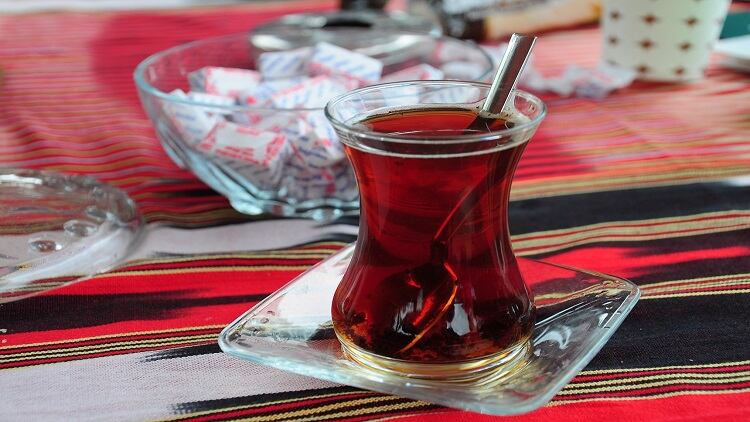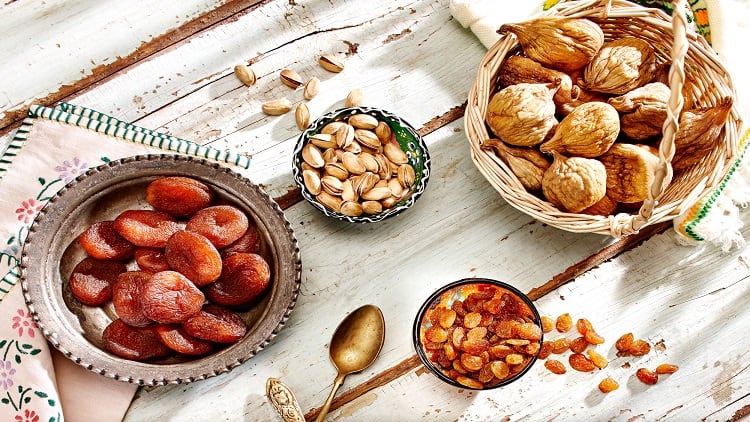Turks consume around three to five cups of tea daily while this number increases to 10 cups during winter, Serdar Ersahin, the head of an Istanbul-based coffeehouse association told local media Anadolu Agency.
Citing information from the International Tea Committee report, he added that Turkey was the largest tea consuming country.
The culture of drinking tea was ingrained in the Turks as it was an occasion to sit and talk, and tea houses historically are places of socialisation, he explained.
A Mintel report also showed that Turkey tops the world’s per capita consumption of tea, and ranks third in terms of the packaged tea markets.
Black tea most popular
Black tea is the most popular hot beverage in Turkey, according to last year’s Euromonitor report.
The most successful manufacturer was state-owned Cay Isletmeleri Genel Müdürlügü continued to lead tea in 2017, the report added.
Reasons include its extensive distribution network, competitive prices, and strong consumer awareness of its Caykur brand.
Other competitors include Lipton, Dogadan, and Dogus, as well as private label products.
“To target increasing consumer preference for flavour sophistication and flavour diversification, leading companies continue to launch products that combine different flavours, such as black tea with different herbal variants, and new herbal teas that feature different combinations of herbs,” said the report.
Ready-to-drink tea is also seeing support from the younger generation in Turkey, with consumers preferring RTD tea to carbonated and concentrated beverages.
Tea exports
In the first eight months of last year, Turkey’s tea export was over US$5.71m, according to data from the Eastern Black Sea Exporters Association (DKIB).
Germany was the biggest buyer with 128 tonnes, contributing about US$770k of profits.
This is followed by the Turkish Republic of Northern Cyprus (TRNC), which imported US$633k worth of tea from Turkey, and the US at US$576k.
Turkish tea was described as the most significant agricultural product among Turkey's exports as it brings the most profit, according to the assistant chairman of DKIB, Şaban Turgut.
The demand of tea was driven by the increase in tourism, he told Daily Sabah.
"Due to the increase in Arab tourists in the Black Sea region, there has been a significant demand for tea from Middle Eastern countries."





